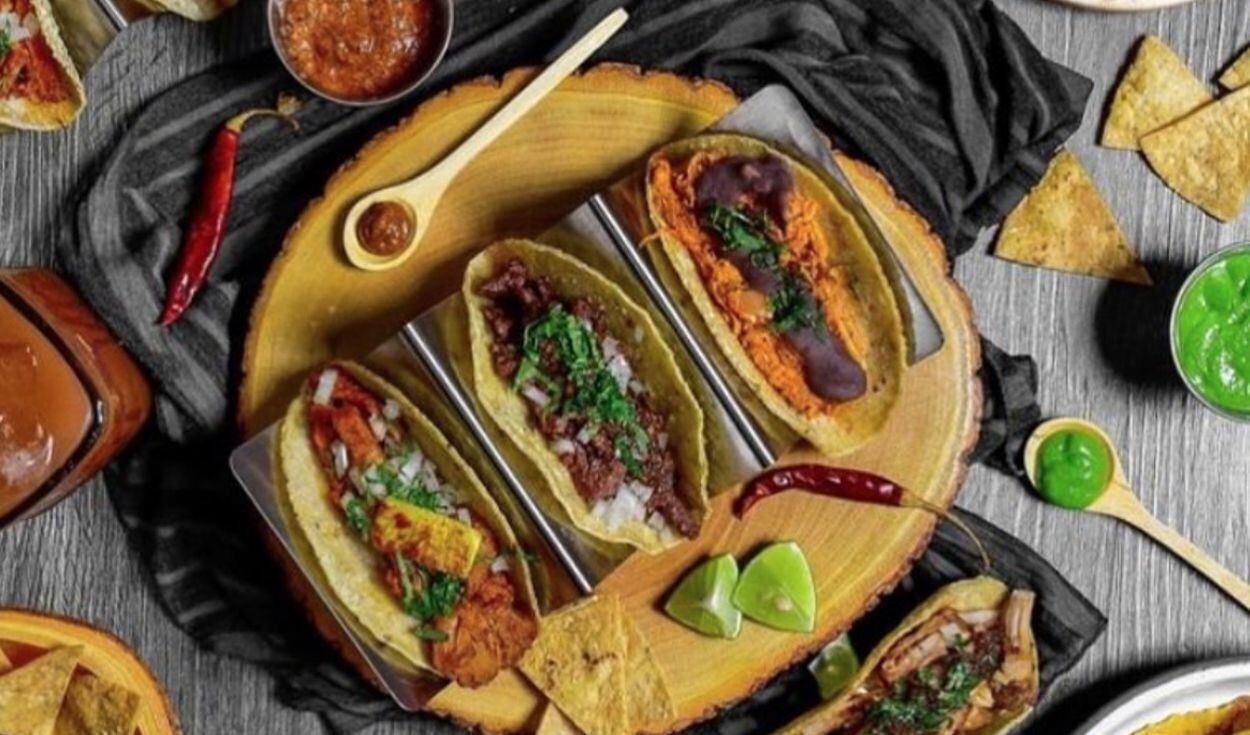
The Ibero-American Academy of Gastronomy (AIBG) will present in October a manifesto with keys to promote the new gastronomy of the 21st century, which must be “healthy, caring, sustainable and satisfying”announced this Thursday its president, the Spanish Rafael Ansón.
It was at the Celebremos Iberoamérica festival (CIB Fest 2022), promoted by the Organization of Ibero-American States (OEI) in collaboration with embassies, Casa de América and Madrid City Council, which in its second edition has dedicated a few days to gastronomic heritage.
The fourteen national gastronomy entities that make up the Ibero-American Academy seek “the public, private, institutional and business support that guarantees the favorable evolution of the gastronomic world in the coming years”.
The text covers the four links of the food chain: production, industry, distribution and trade and final consumption in the hotel industry.
It places special emphasis on the fact that food must be guaranteed for all human beings, recognizing it as a right “just like housing or healthcare”Anson said.
It also aims to promote healthy diets to avoid illness and death due to poor nutrition and that are respectful of nature, which is why the AIBG collaborates with several universities to draft the first Code of Ethics for Gastronomy Professionals.
The improvement of gastronomic training and the promotion of tourism in this sector, currently on the rise, are other proposals in this manifesto.
On this day, held at Casa de América, Ansón encouraged Ibero-America to “brag about its gastronomic richness”as some of its representatives in Madrid do: the Colombian Ewdin Rodríguez, in charge of Quimbaya (a Michelin star), the Argentine Paco Savio (Fayer) and the Costa Rican Luis Guillermo Castro, director of operations of the Cachivache restaurants.
“We are not only gastronomic ambassadors of our countries, we also generate gastronomic tourism in them”Castro pointed out.
All three praised the miscegenation that prompted the arrival of the Spanish in America. Castro defended that it continues because “gastronomic heritage is created daily, since it is the product of the interaction of cultures, techniques and products, and that is why it grows day by day”.
Miscegenation that is also defended by Elisabeth Vázquez, a Mexican living in Spain who created the chocolate brand that bears her name and with which she proposes bars such as chocolate with orange, mezcal and chapulín (insect) salt or mango and sesame chili.
Vázquez confirmed that there is increasing interest in Spain for Latin American countries, a situation that Raquel Cabrera takes advantage of, who organizes gastronomic tourism routes through her country, the Dominican Republic, to demonstrate that it is “much more than Punta Cana”.
Panamanian Indira Amaya settled in Alicante (this Spanish) in 2000, opened the Masía La Mota hotel with a restaurant specializing in events and brought out her own brand of olive oil, which has triumphed in international competitions and in her own country.
Source: Gestion
Ricardo is a renowned author and journalist, known for his exceptional writing on top-news stories. He currently works as a writer at the 247 News Agency, where he is known for his ability to deliver breaking news and insightful analysis on the most pressing issues of the day.












